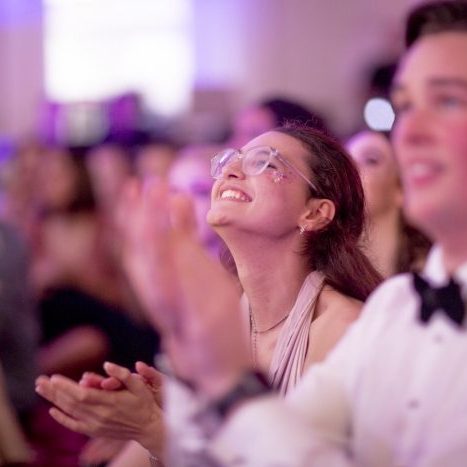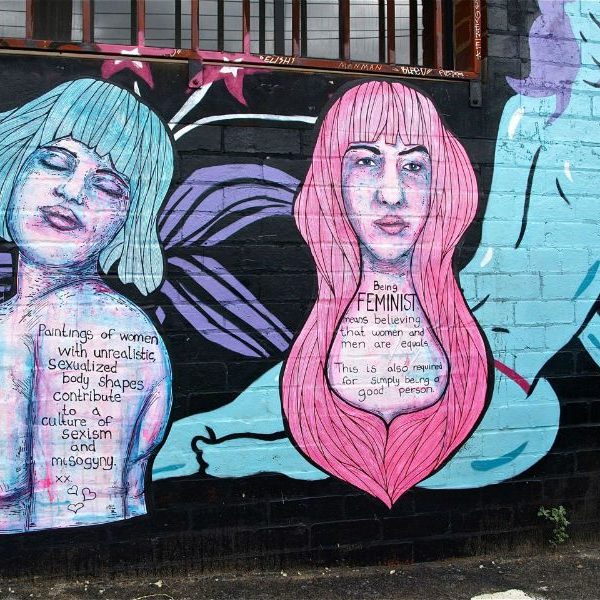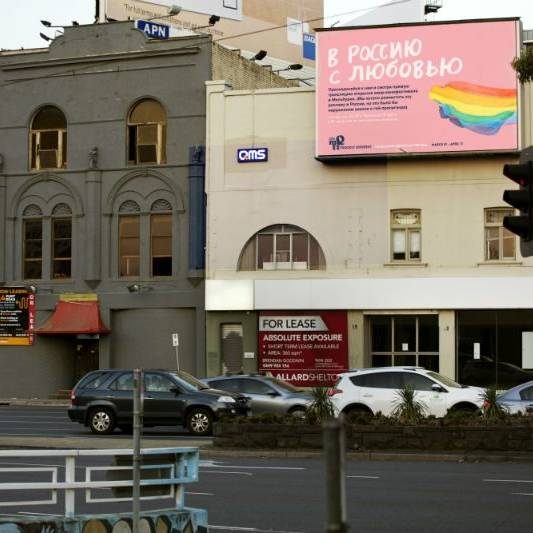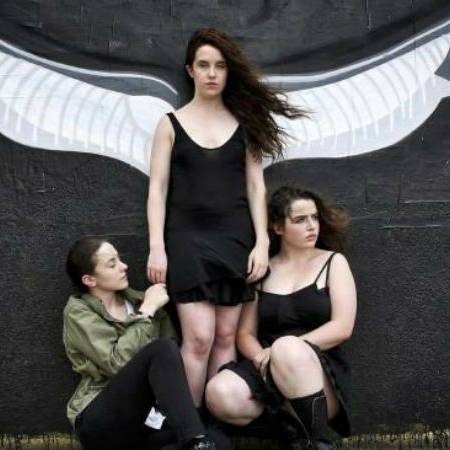Chekhov’s play about forbidden passion is transformed into a queer love story, which will premiere at Melbourne’s Midsumma Festival.
It was Stephen Fry’s documentary Out There, about life for LGBTQI people around the world, that set in motion Cheyney Caddy’s reimagining of Anton Chekhov’s classic play The Seagull.
The work had always been on Caddy’s to-do list, but there was something about it that didn’t feel right, or relevant to a modern audience.
“So often when I see Chekhov performed, I want to shout at the characters, ‘Get a job!’, because from the safety of mainstream contemporary Australia, it’s really hard to understand class, money, gender and geography as insurmountable barriers to personal freedom, at least in the way they would have been understood in Russia in 1896,” she said.
“I was watching Stephen Fry’s documentary and learning about what life is like for gay people in Russia, and all of a sudden it just made sense: This is a way to make The Seagull live again for contemporary audiences.”
Caddy learned about the alarming rate of suicide among young gay people in Russia, the brutal treatment faced by many gay people in modern-day Russia, and the lack of opportunities to express themselves openly.
“In the Russia of 2015, there’s one thing I can think of that would be enough to place someone’s life in total lockdown, and that is being gay.”
In Caddy’s Seagull, which premieres at Melbourne's Midsumma Festival on February 2nd and features animation and live music, Chekhov’s tale of forbidden passion is transformed into a queer love story by cross-casting the character of Kostya, played by actor Rebecca Riggs.
According to Riggs, Kostya is 18 years old, loves writing, and is going through struggles with self-identity and trying to be accepted and understood in a climate where that is unlikely.
She said, as a woman, it was 'awesome' to have the opportunity to play such an iconic role, and that the text remained largely untouched despite the gender shift.
“I wish it happened more in theatre, instead of people thinking that they need to completely change the text if it were to be written for a woman, when it’s just about being human. Anyone can really relate to it no matter what their gender or their sexual preference.”
Riggs said other than the fact that the stakes are higher due to the political setting of the play, “the characters are all the same, the intentions are all the same, and characters in and of themselves are going through the same struggles”.
Caddy said her Seagull is “a celebration of the creative freedom we enjoy in Australia, ”as well as an act of protest.
“Russia’s LGBTI community has been silenced by President Vladimir Putin’s laws, and as artists, that’s something we should be making noise about.”
She said she hoped the audience felt they had done justice to the essential humanity of the work, as well as to the wit and humour of the language.
“I think sometimes it’s going to be a bit cathartic and a bit emotional, but it’s also very funny as well as very sad."
“I think that letting people go on a journey with someone whose experience is different to theirs is worth more than any amount of information that you can give people.”
The Seagull is showing at Northcote Town Hall from the 2nd to the 7th February.




